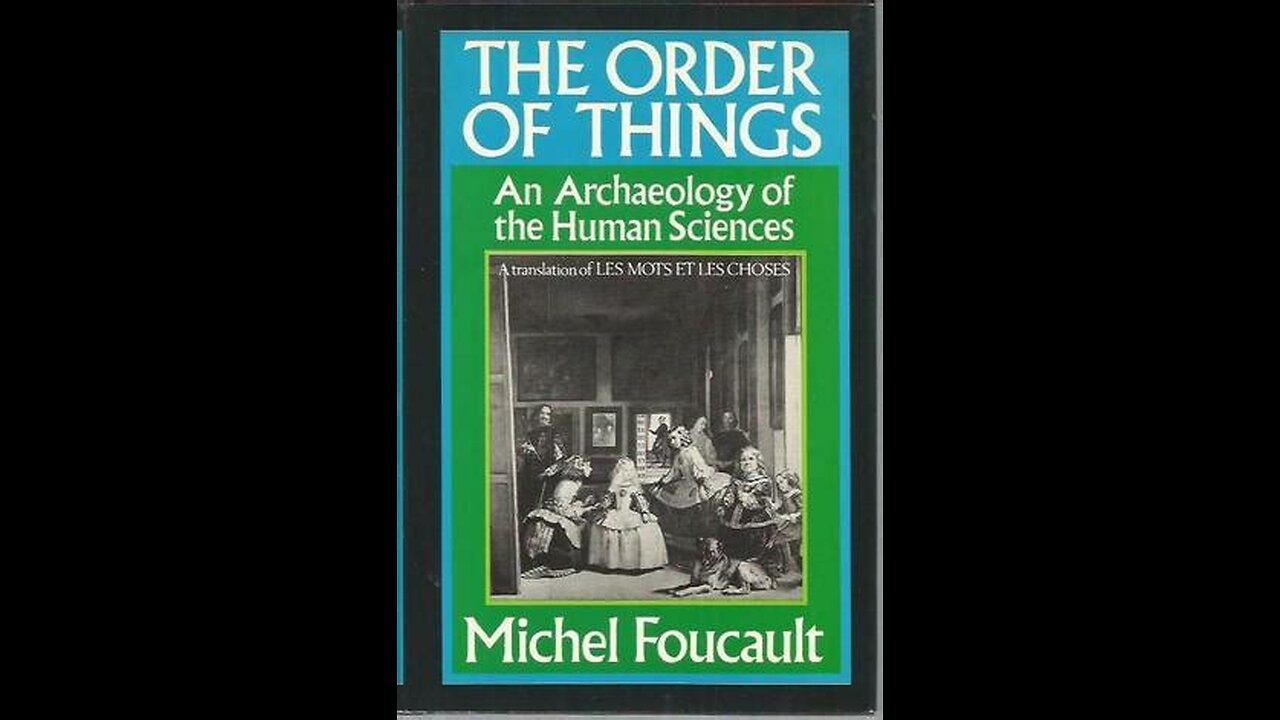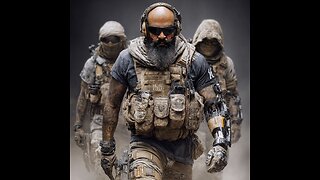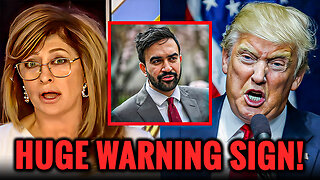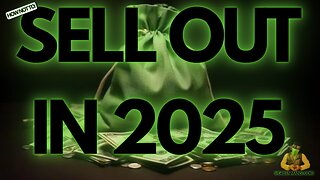Premium Only Content

The Order of Things by Michel Foucault | Summary and Critique
Buy Here: https://amzn.to/3Ml9DqW
"""The Order of Things: An Archaeology of the Human Sciences"" is a book written by Michel Foucault and published in 1966. In this work, Foucault investigates the historical development and underlying structures of knowledge, focusing on the formation of different epistemes or systems of thought that shape the understanding of the world.
Foucault begins by challenging the traditional methods of organizing knowledge, particularly the human sciences (such as linguistics, biology, and economics). He argues that these sciences rely on certain epistemological frameworks that define what can be known and how knowledge is produced. Foucault seeks to uncover the historical and cultural conditions that give rise to these frameworks and the systems of thought that inform them.
The book is divided into three main sections: ""The Order of Things,"" ""The Prose of the World,"" and ""Representation."" In each section, Foucault examines different historical periods and their corresponding epistemes.
In ""The Order of Things,"" Foucault analyzes the Classical age (from the Renaissance to the end of the 18th century) and explores the emergence of the episteme of representation. He examines the systems of classification and ordering that characterized this period and how they shaped knowledge in disciplines like natural history, biology, and philology.
In ""The Prose of the World,"" Foucault turns to the modern era (from the late 18th to the mid-19th century) and investigates the shift towards a new episteme centered around the human sciences. He examines the emergence of new fields such as economics, linguistics, and anthropology and their methods of analysis and classification.
In the final section, ""Representation,"" Foucault focuses on the contemporary episteme (the mid-19th century to the present) and explores the transformation of knowledge in the context of language, signs, and interpretation. He analyzes the emergence of structuralism and the linguistic turn in various disciplines, such as anthropology, psychoanalysis, and sociology.
Critique of ""The Order of Things"" includes the following points:
1. Complexity and Elusiveness: Foucault's writing style and the complexity of his ideas can be challenging for some readers. The book is dense and requires careful attention to grasp the nuances of Foucault's analysis. The concepts and terminology used may be difficult to grasp without a background in philosophical and critical theory.
2. Reductionism and Absence of Agency: Critics argue that Foucault's analysis tends to reduce historical and cultural developments to overarching structures and discourses, neglecting the role of individual agency and historical contingency. The emphasis on epistemes and systems of thought may overlook the diversity of individual contributions and the complex interplay of power and resistance.
3. Lack of Empirical Evidence: Some critics contend that Foucault's work relies heavily on theoretical speculation and textual analysis, often lacking empirical evidence to support his claims. They argue that his ideas are more interpretive and philosophical than empirically grounded.
4. Limited Engagement with Non-Western Thought: Foucault's analysis predominantly focuses on Western intellectual history, leaving out non-Western traditions and perspectives. Critics argue that this limitation may result in a narrow understanding of knowledge production and neglect the contributions of non-Western cultures and epistemologies.
5. Overemphasis on Discontinuity: Some critics claim that Foucault overemphasizes the radical breaks and discontinuities between different epistemes, downplaying the continuities and overlapping ideas that exist across historical periods. They argue that this emphasis on rupture may overlook the cumulative nature of knowledge production and the gradual development of ideas.
Despite these critiques, ""The Order of Things"" remains a significant and influential work in the field of critical theory and the philosophy of knowledge. Foucault's analysis challenges traditional ways"
-
 23:12
23:12
Jasmin Laine
18 hours agoPoilievre LOSES PATIENCE—His “Who CARES?” Moment SHOCKED Everyone
63K29 -
 LIVE
LIVE
Sgt Wilky Plays
2 hours agoFirst Run of Black Ops 7 after the Beta | Multiplayer
432 watching -
 6:49
6:49
The Car Guy Online
11 hours ago $3.42 earned2025–2026 Duramax FAILURES Begin! GM’s NEW Engine Nightmare? Silverado, Sierra, Yukon...
6.51K18 -
 LIVE
LIVE
Boxin
2 hours agoKingdom Hearts! This is Halloween Town!
126 watching -
 8:34
8:34
Millionaire Mentor
18 hours agoTrump FIRES BACK After Mamdani’s SHOCKING Threat To New York City
14.9K17 -
 LIVE
LIVE
EXPBLESS
2 hours agoThis Might Be The Last Game I Ever Play | 🔴ARC RAIDERS SOLO RAIDS 🔴
107 watching -
 LIVE
LIVE
IamNibz
2 days ago $0.08 earnedPansy Umbrellas And Buff Emo Horse- WHERE WINDS MEET! (Ft. Diony)
58 watching -
 53:56
53:56
ZeeeMedia
20 hours agoSilicon Valley, Transhumanists & the Book of Revelation ft. Jay Dyer | Daily Pulse Ep 144
8.83K13 -
 1:02:02
1:02:02
A Cigar Hustlers Podcast Every Day
1 day agoEpisode 4 Hustler Every Day Target 10/4, No More Pennies and Gronk Is The Man
8.37K1 -
 3:07
3:07
GreenMan Studio
1 day agoHOW TO NOT SELL OUT IN 2025 W/Greeman Reports
9.41K6